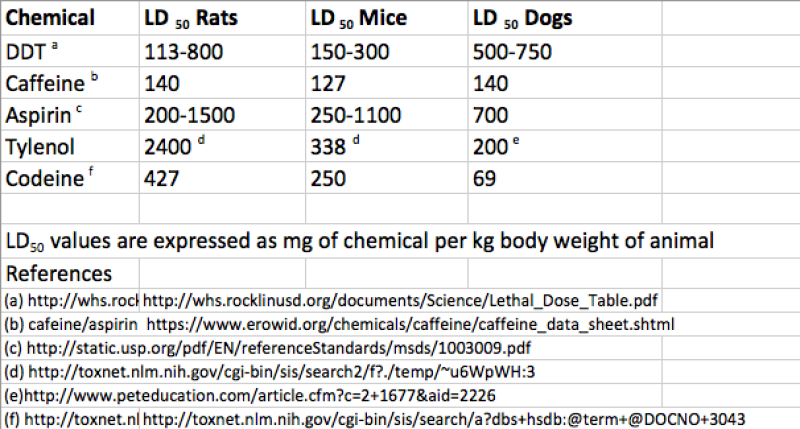The GLP aggregated and excerpted this blog/article to reflect the diversity of news, opinion and analysis.
With Zika being in the news constantly, and sounding a little worse every week, there have been murmurs about the possibility of using DDT to fight the infection, should it turn into a serious epidemic and become a public health threat…
If it becomes a serious problem in America, it should provoke a serious scientific response, without political grandstanding. All options should be on the table. Yet all options probably won’t be. Dichlorodiphenyltrichloroethane — DDT — may never be considered despite its considerable successes elsewhere, and for reasons that have little or nothing to do with science…
Carcinogenicity
…the evidence of carcinogenicity of DDT in humans is even weaker, according to the CDC:
“Some studies in humans linked DDT levels in the body with breast cancer, but other studies have not made this link. Other studies in humans have linked exposure to DDT/DDE [a DDT metabolite] with having lymphoma, leukemia, and pancreatic cancer. No definitive association with these cancers has been made.”
Even more revealing is the lack of a dose-response: “Workers heavily exposed to DDT never had more cancer than workers not exposed to DDT.”
The CDC is not in the business of protecting chemicals that have been banned for 45 years so there is no reason to think there is anything that the agency is missing.
Conclusion
…
The chemical is no more acutely toxic than drugs that we ingest every day. People who were fed a capsule containing a significant dose of the chemical for one-and-a-half years suffered no ill effects, and evidence for DDT causing cancer is so weak as to be in the realm of chance; scientifically nonexistent. It is, in fact, a rather ordinary chemical with a very bad reputation.
Read full, original post: How Poisonous is DDT?































